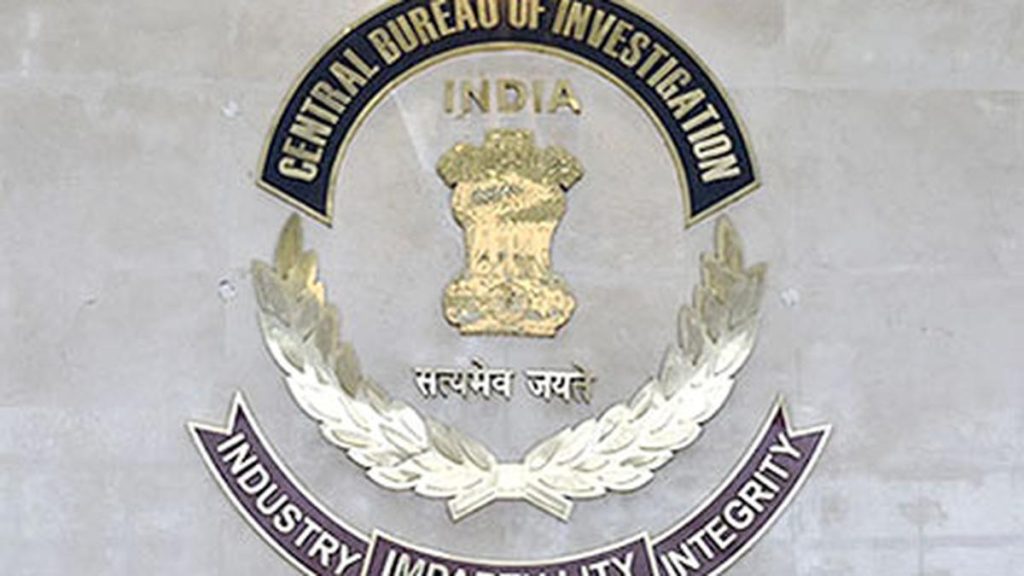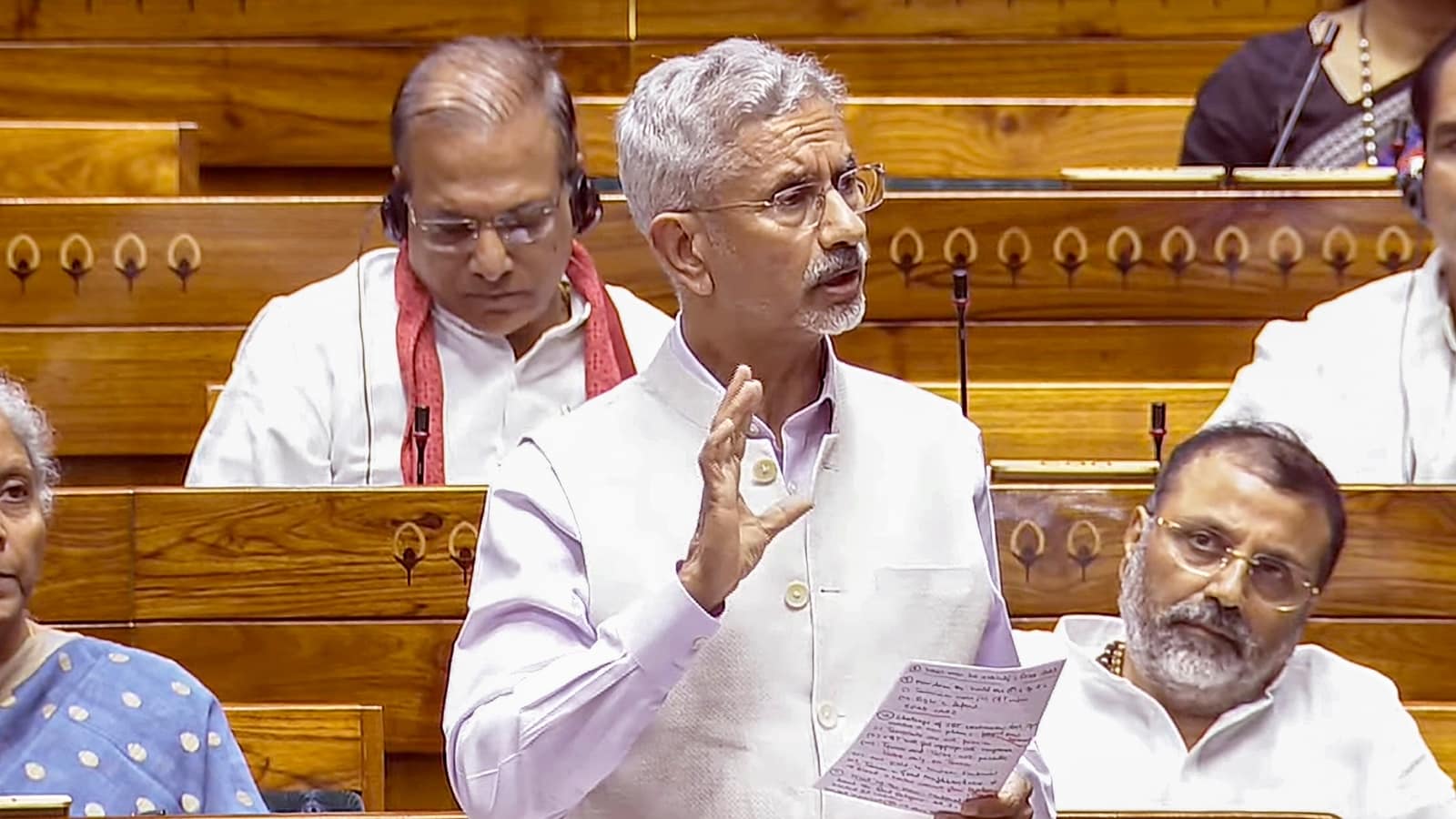Now Reading: Supreme Court Criticizes Tamil Nadu as Over 2,000 Await Trial
-
01
Supreme Court Criticizes Tamil Nadu as Over 2,000 Await Trial
Supreme Court Criticizes Tamil Nadu as Over 2,000 Await Trial
Quick Summary
- Supreme Court Criticism: The Supreme Court criticized Tamil Nadu for naming 2,500 persons as accused in the cash-for-jobs case involving former minister V Senthil Balaji. The court suggested this tactic aims to delay the trial, possibly beyond Balaji’s lifetime.
- Charge Sheet Details: Tamil Nadu clubbed four separate charge sheets into one case, resulting in over 2,000 accused in one set and 500 in another.These include alleged bribe givers who didn’t receive jobs despite paying bribes.
- Supreme Court’s Observations: Justices Surya Kant and Joymalya Bagchi called this approach “a fraud on the system” and demanded clarity on middlemen and officials involved with Balaji during his tenure.
- State Depiction & Next Steps: Senior advocates Abhishek Manu Singhvi and Amit Anand Tiwari informed the court that related details are part of another petition slated for listing on Wednesday. The top court instructed that all pertaining matters be combined for hearing together.
- Balaji’s career Background & Legal Proceedings: Arrested by the Enforcement Directorate (ED) on June 14, 2023, Balaji faced job fraud allegations dating back to his role as transport minister (2014-15).Initially from AIADMK, he joined DMK in late 2018 after leaving AIADMK amid corruption accusations.
Indian Opinion Analysis
The Supreme Court’s strong rebuke of Tamil Nadu’s handling of the cash-for-jobs scam underscores concerns about judicial delay tactics through intentional overloading of cases with excessive accused numbers-an approach termed “fraudulent” by justices. This practice risks undermining judicial efficiency while casting doubt on political accountability within governance structures.
The case carries implications for broader systemic integrity in India, particularly around transparency within state mechanisms when political figures are implicated in corruption scandals. Looking ahead at how these combined petitions are resolved will likely set a precedent for managing high-profile corruption investigations without compromising accountability or legal rigor.Read More



























